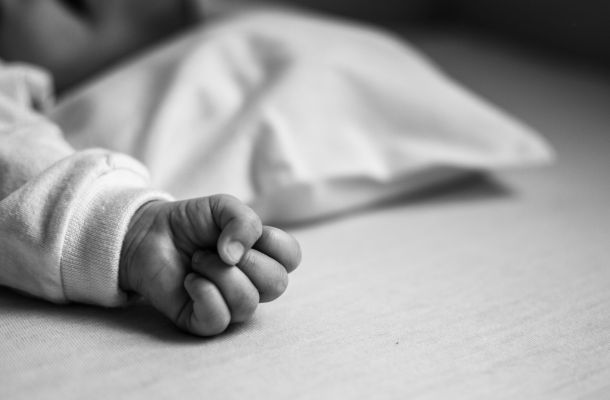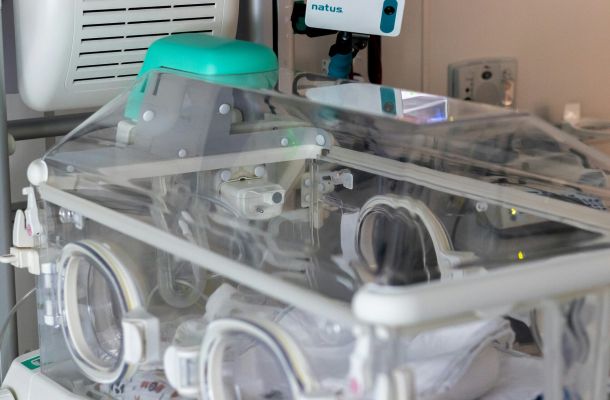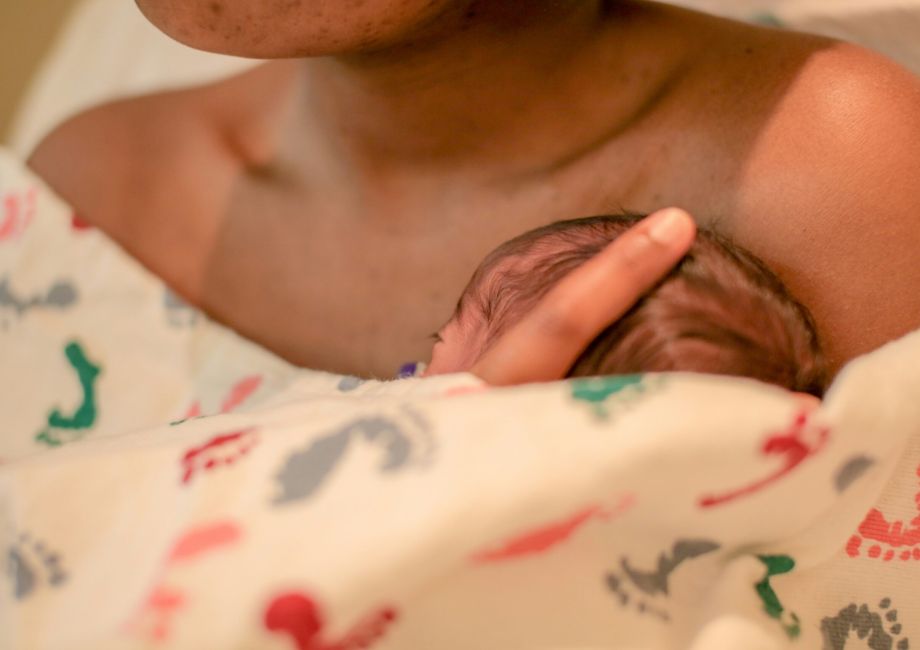

New Report: Understanding Severe Maternal Morbidity in Colorado
Every mother in Colorado deserves a safe and respectful start to parenthood. For the first time, Colorado has a comprehensive, statewide picture of severe maternal morbidity (SMM), the most serious […]
New Report: Perinatal Mental Health and Postpartum Care in Colorado: 2019–2023
Maternal mental health conditions remain one of the leading drivers of pregnancy-related complications and deaths in Colorado. New findings from the Colorado Perinatal Care Quality Collaborative (CPCQC) reveal both progress […]
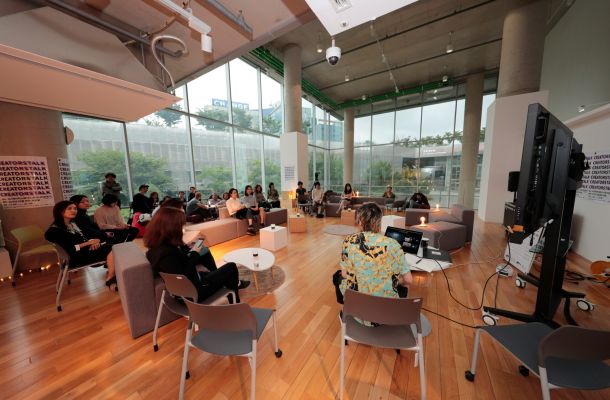
Reducing Stigma in Perinatal Substance Use Care: Training Impact Summary Now Available
From 2023–2025, CPCQC partnered with lived experience experts from HardBeauty and the Perinatal Peer Support Doula Program at the CU College of Nursing to deliver a groundbreaking training aimed at […]

Press Release-IMproving Perinatal Access, Coordination, and Treatment Behavioral Health (IMPACT BH) Program to Enhance Perinatal Behavioral Health Services in New Counties
The Colorado Perinatal Care Quality Collaborative (CPCQC) is proud to announce the launch of the IMPACT BH program in new counties beginning July 1, 2025.

Bridging the Gap: CPCQC’s SPARK Initiative and the Future of Postpartum Care in Colorado
This initiative is about more than just discharge instructions and follow-up appointments. It’s about making sure that every birthing person and newborn has access to the right care, at the right time, and with the right support—no matter their zip code, insurance status, or risk factors.

CPCQC Welcomes FAMLI in 2024
As an organization, we are proud of Colorado for prioritizing equitable access to paid family leave during the early postpartum period through FAMLI.
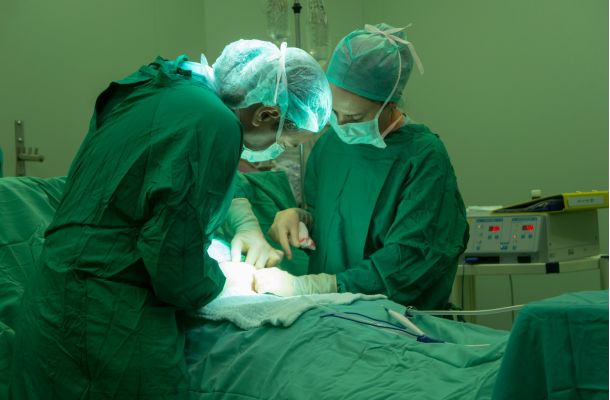
Our Primary Cesarean Program is Planning a Re-launch in 2024
While cesarean deliveries can be lifesaving, there is no evidence that the high instance of cesareans in the United States (1 in 3 births) reduces infant or maternal morbidity and mortality. On the contrary, evidence shows cesarean sections are overused, putting some birthing people and infants at needless risk.

Racial Disparities in Colorado Maternal Outcomes: A Call to Action
Recent data shows sobering statistics of increased rates of maternal mortality and persisting racial disparities nationwide. This data reminds us that we have so much more work to do to improve equity to access and care for moms, birthing people, and their babies across our country and in our state.
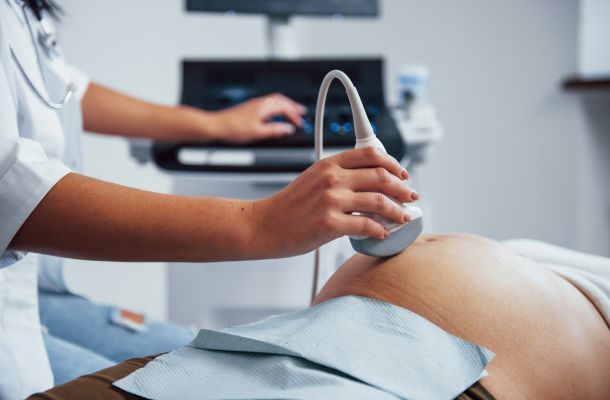
Colorado Perinatal Care Quality Collaborative Responds to the Closure of Obstetric Services at Arkansas Valley Regional Medical Center
As Colorado’s leading institution dedicated to improving perinatal health outcomes for mothers and infants, the Colorado Perinatal Care Quality Collaborative (CPCQC) responded to the Arkansas Valley Regional Medical Center (AVRMC) announcement of the closure of its obstetric services, effective April 30, 2025.

Strengthening Support for New Parents: The IMPACT BH Program Launches in New Communities
PCQC’s IMprove Perinatal Access, Coordination, and Treatment: Behavioral Health program (IMPACT BH) strengthens connections and collaboration among organizations serving pregnant and postpartum people—weaving a tight web of support to ensure no family in need of behavioral health services falls through the cracks.
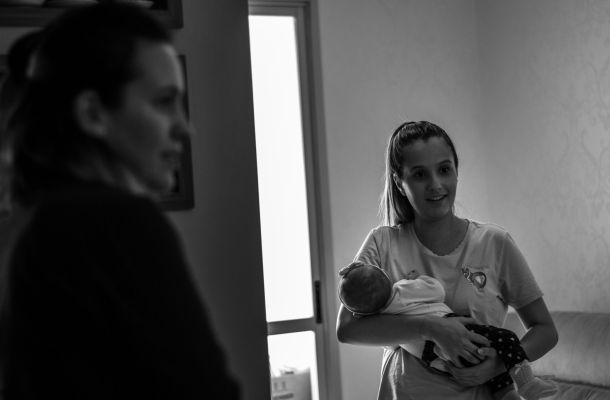
CPCQC Launches Statewide Perinatal Substance Use Field Guide
New data reveals a 60% decrease in Colorado’s perinatal overdose deaths. To sustain this momentum, CPCQC and the Attorney General’s Office have launched a new Field Guide and Sustainability Toolkit to support families and providers statewide.
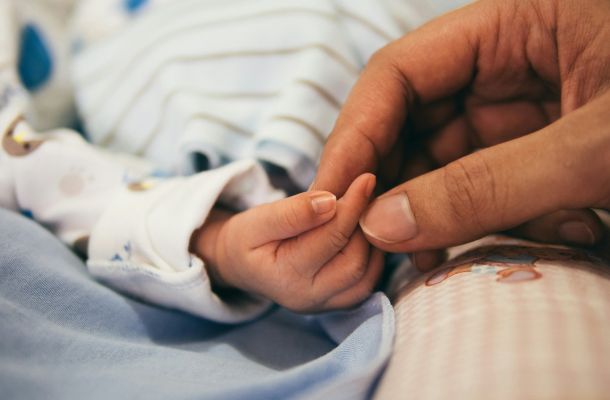
SB24-175, Improving Perinatal Health Outcomes, Is Signed Into Law!
The new law allocates $1.3 million dollars to the Colorado Department of Public Health and Environment (CDPHE) for use by the prevention services division to address inequities in care and disparate outcomes among birthing people and their infants.
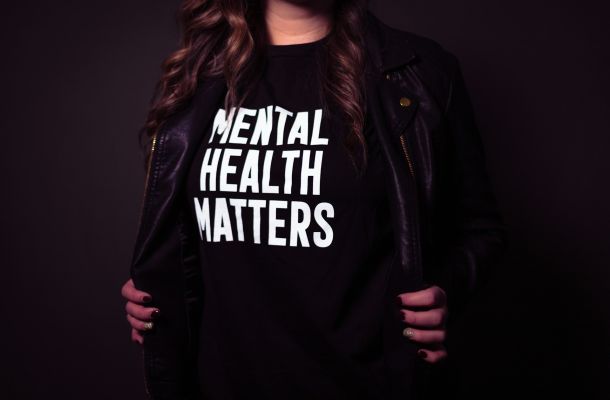
Championing Maternal Well-Being: CPCQC Contributes to National Strategy On Maternal Mental Health
As Colorado’s Perinatal Quality Collaborative, CPCQC participated in the National Task Force on Maternal Mental Health to advocate for the unique needs of Colorado mothers, birthing people, infants, and families.

IMPACT BH to Enhance Perinatal Behavioral Health Services in Mesa, Montrose, and Eagle Counties
CPCQC is excited to introduce the IMPACT BH program to Mesa and Montrose Counties; and continue the program in Eagle County.
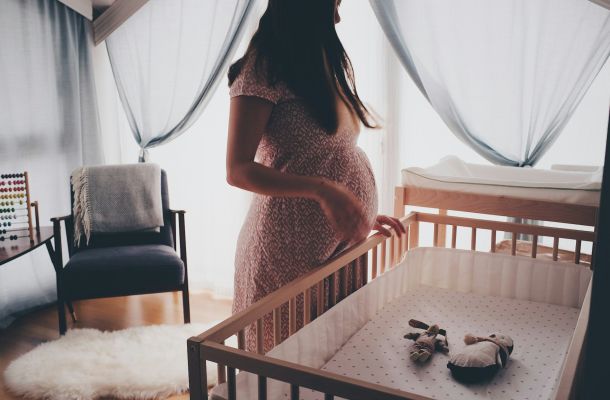
Shifting the Curve to Reduce Maternal Mortality
We are awaiting the anticipated release of data and recommendations from Colorado’s Maternal Mortality Review Committee (MMRC) on pregnancy-associated and pregnancy-related deaths. However, from previously released reports and national trends, we have an idea of what the data will show.

The Power of Partnerships
This fall, CPCQC gathered with partners across the state at the CHoSEN Forum. The semi-annual convening brought providers, organizations, and policymakers together to improve perinatal substance use outcomes.

Working Together to Reduce Maternal Suicide
Improving outcomes for pregnant and postpartum people–especially those experiencing the greatest disparities–requires collectively investing in systems-level change.
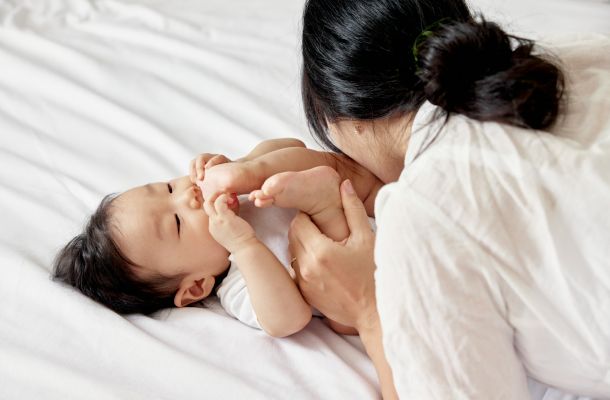
Birth is Just the Beginning: Matrescence and Maternal Health Quality
Becoming a mother is a huge, complicated life transition that can shake every fiber of a person’s being. The process even has its own name: matrescence.
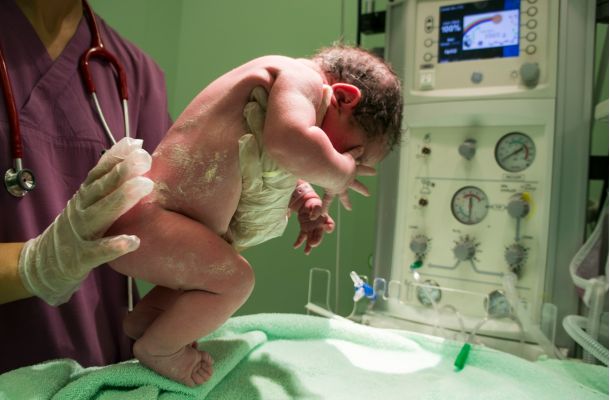
Reductions in Cesarean Rates for Low-Risk Patients
In 2024, the Colorado Perinatal Care Quality Collaborative (CPCQC) innovatively revamped its SOAR Primary Cesarean Reduction program into a one-year, intensive learning collaborative.

Bridging the Gap: The State of Rural Maternal Health in Colorado
Despite the state’s robust health care industry, there are still persistent maternal health disparities in certain areas, which puts some expectant mothers at a disadvantage.
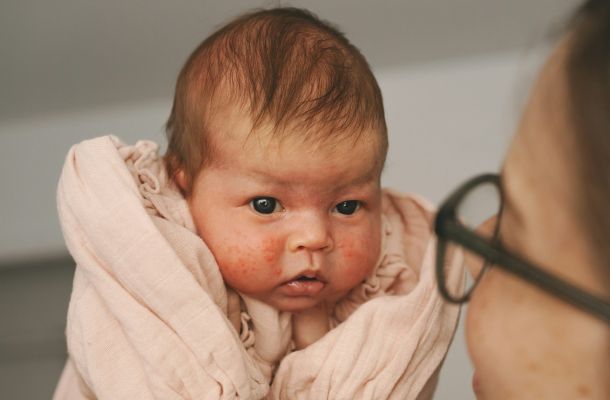
Celebrating Tough as a Mother —3 Years of Empowering Moms in Recovery
Launched on Mother’s Day 2020, Tough as a Mother is a statewide campaign connecting pregnant and parenting mothers to substance use disorder treatment services and recovery support within their communities.



